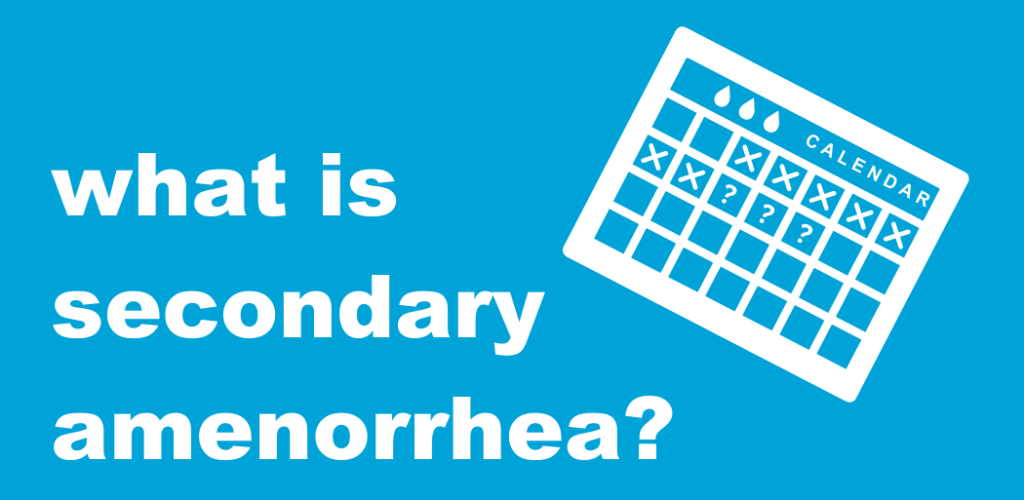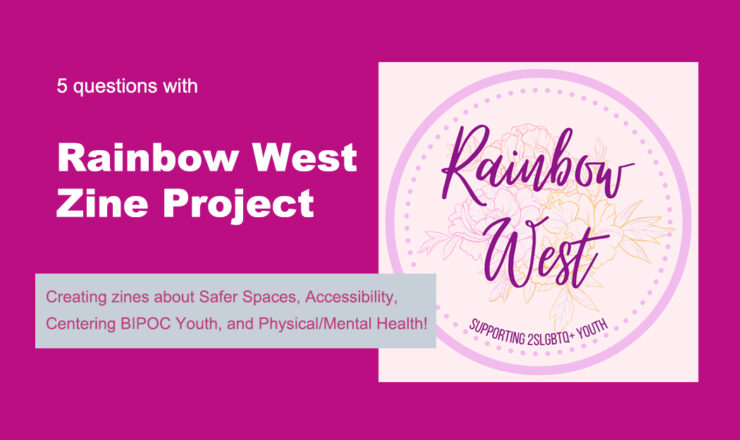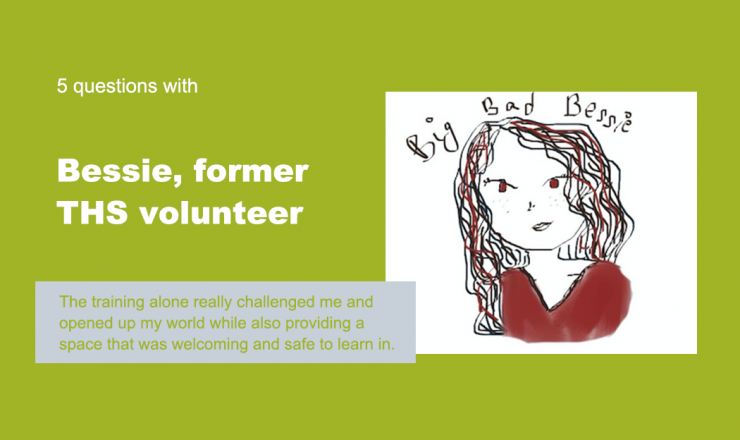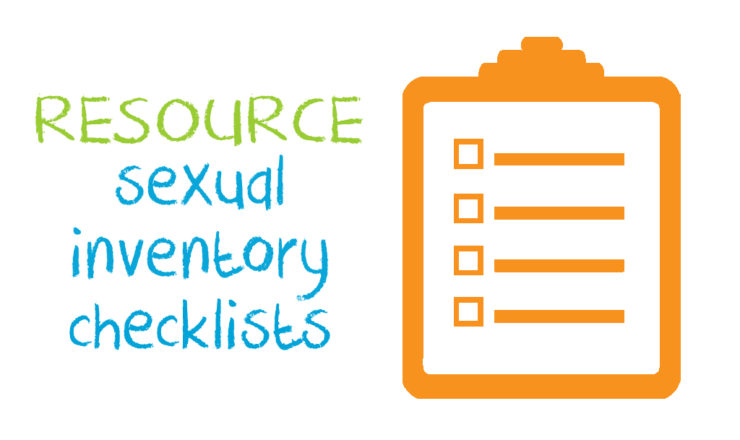

Amenorrhea (pronounced uh-men-o-REE-uh) refers to the lack of periods or menstruation. There are a few types of amenorrhea, the first is primary amenorrhea which refers to someone not menstruating by the age of 15, and another called secondary amenorrhea which is what we’ll be talking about here.
Secondary amenorrhea is when someone has previously menstruated (gotten their period) but has missed 3 or more periods in a row. Periods are mostly controlled by hormones and any significant hormonal changes can cause them to increase, decrease, or stop completely.
Our hormones can be affected by all sorts of things ranging from our diet, to our stress levels, to what medications we take, and even certain medical conditions. This post will talk about some of the more common causes, and what sort of symptoms to look out for.
Although everyone experiences symptoms differently, and many symptoms of amenorrhea can be caused by other issues, some common ones to look out for are:
It’s also possible for periods to stop due to a structural issue like a blockage of the pathway menstrual blood exits through. These are usually because of genital tract defects like an imperforate hymen (a hymen with no opening) or vaginal septum (a barrier that separates the vagina into two canals)
What to do depends on the underlying cause. In most cases, it’s recommended to see a clinician so they can figure out the issue. First, they will likely rule out pregnancy, then, clinicians will gather as much of your medical history as necessary and conduct a thorough physical examination (blood tests, pelvic exam, MRI, etc.)
Depending on the cause they find, clinicians may provide birth control pills or other hormonal medication to reset the menstrual cycle, or prescribe other medications to rebalance your hormones.
If you have questions about this topic, feel free to contact one of our peer educators. [Link]
Last Updated: October 2023

Rainbow West Zine Project is a series of four wonderful zines to represent youth voices and art on the topics of Safer Spaces, Accessibility, Centering BIPOC, as well as Mental and Physical Health. Check them out!

Did you know that Teen Health Source has been around for 25 years! To help celebrate our 25th Anniversary, we’re checking in with some of our previous volunteers. Today we’re hearing from Bessie!

Do you have a hard time talking about sex? Try out these sex/relationship checklists with your partners to help start a conversation!